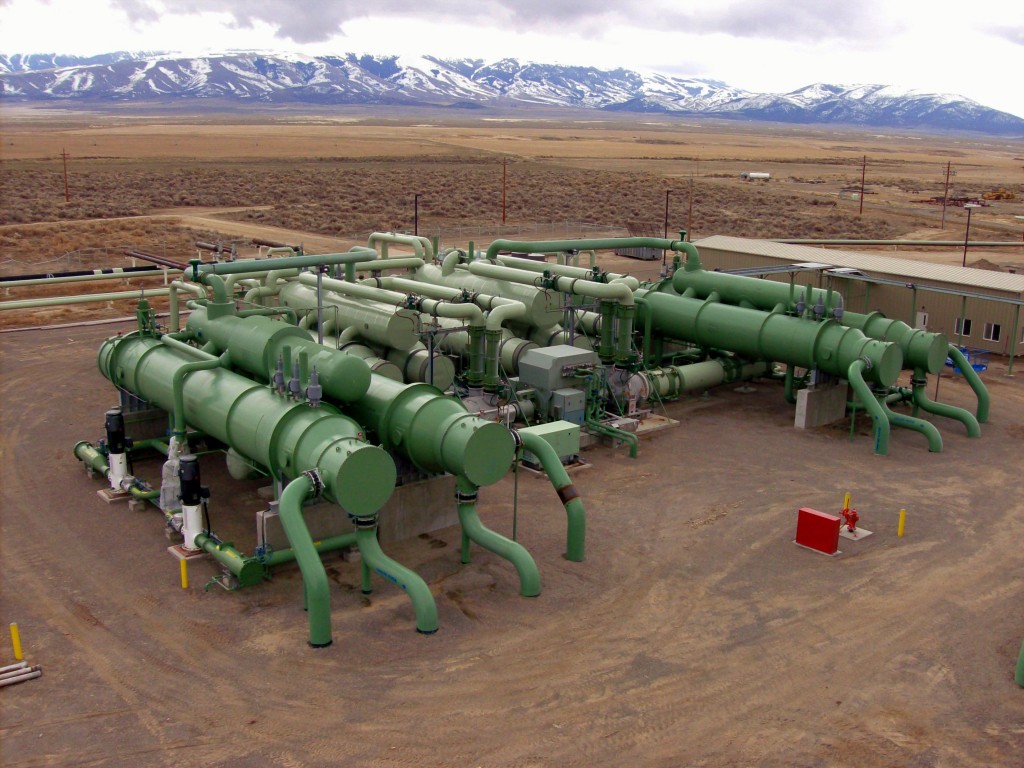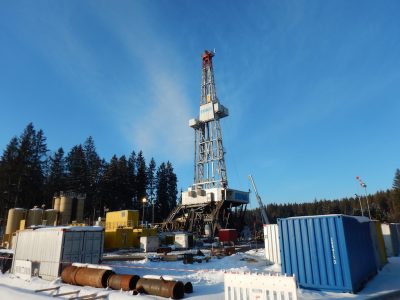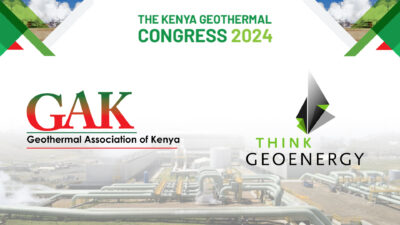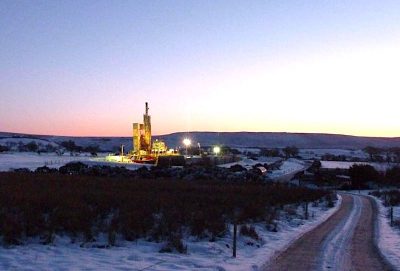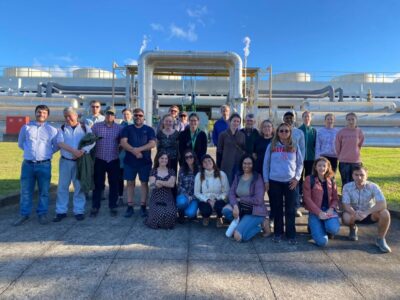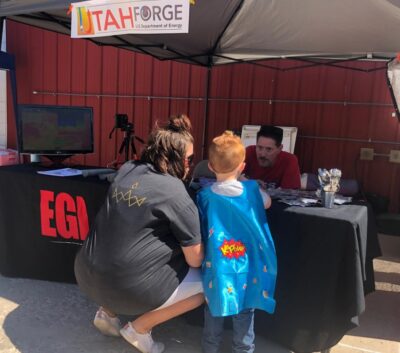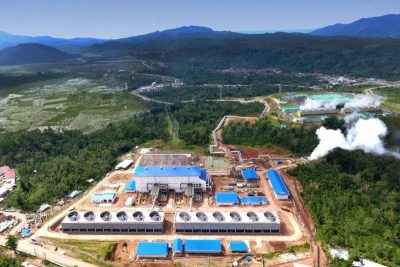Idaho sees limited attention in recent geothermal auction
A recent BLM geothermal lease auction saw little competition and low revenues in Idaho, with Standard Steam Trust as lone bidder on seven leases in the state.
Reported from Idaho, “Geothermal energy prospectors have been cool to lease auctions in Idaho, with a recent Bureau of Land Management auction producing little competition and relatively low revenues for the federal agency.
Idaho has plenty of hot springs, but the relatively low temperatures of the underground water compared to places like neighboring Nevada may be dousing the enthusiasm of companies to stake a claim in the Gem State.
The Idaho Business Review reports eight 10-year leases brought in just $108,000 at an auction held in Denver last week.
Denver-based Standard Steam Trust was the lone bidder on seven BLM leases covering 25,000 acres last week, mostly in Payette County. Another company picked up a lease near Burley.
“I think what has kept a lot of the industry from working much in Idaho is they’re accustomed to having that ever-increasing heat,” said Michael Zakroff, a managing partner at Standard Steam. “In Idaho, that’s almost never the case.”
Case in point: One geothermal power plant in Idaho currently selling electricity to Idaho Power Co., a 10 megawatt operation near Malta run by U.S. Geothermal Inc. of Boise, it relies not on steam, but rather hot water that vaporizes a secondary liquid with a lower boiling point, to turn power-generating turbines.
With about a dozen similar binary cycle plants like U.S. Geothermal’s operating in the western United States producing more than 150 megawatts of electrical power, Zakroff says his company isn’t letting the lack of interest in Idaho’s resources dampen his company’s hopes for the state.
“We think it’s extremely prospective and we don’t think it gets the attention it deserves,” he said.
U.S. Geothermal Inc., which is now developing projects in Oregon and Nevada, didn’t bid at the BLM aucition on grounds that such unexplored sites like those being offered would require costly upfront investment just to determine the quality of the hot-water reservoirs. That’s too risky, said Scott Nichols, permitting manager for the company.
“We’re really focused on proven resources,” Nichols said.
For example, U.S. Geothermal’s 10 megawatt geothermal power plant near Malta, Idaho, was a known commodity when the company made its $50 million investment there, because the federal Department of Energy experimented at the site starting in the 1970 and proved that it was viable, given the right technology.
During the 2011 Legislature, lawmakers in Idaho approved a series of reforms may help the state’s geothermal power industry, including doing away with rigid royalties and bonding requirements that companies like U.S. Geothermal contend were denting the attractiveness of potential projects on state land.
Idaho currently has 40 leases on 17,261 acres, but another 136 applications for 61,339 acres are pending as the Idaho Department of Lands considers how the recent legislation will impact royalties administration.
The Department of Lands is currently hiring a new program manager to help identify places with geothermal potential. Existing information is outdated and may not be accurately reflect Idaho’s potential, especially with the emergency of new technology that could produce electricity even with relatively low water temperatures, said Bob Brammer, the agency’s assistant director.
“A lot of information about known geothermal is based on old technologies,” Brammer said. “No one has really done a reanalysis. That’s certainly something we’d like to get a better handle on.”
Source: The Republic
